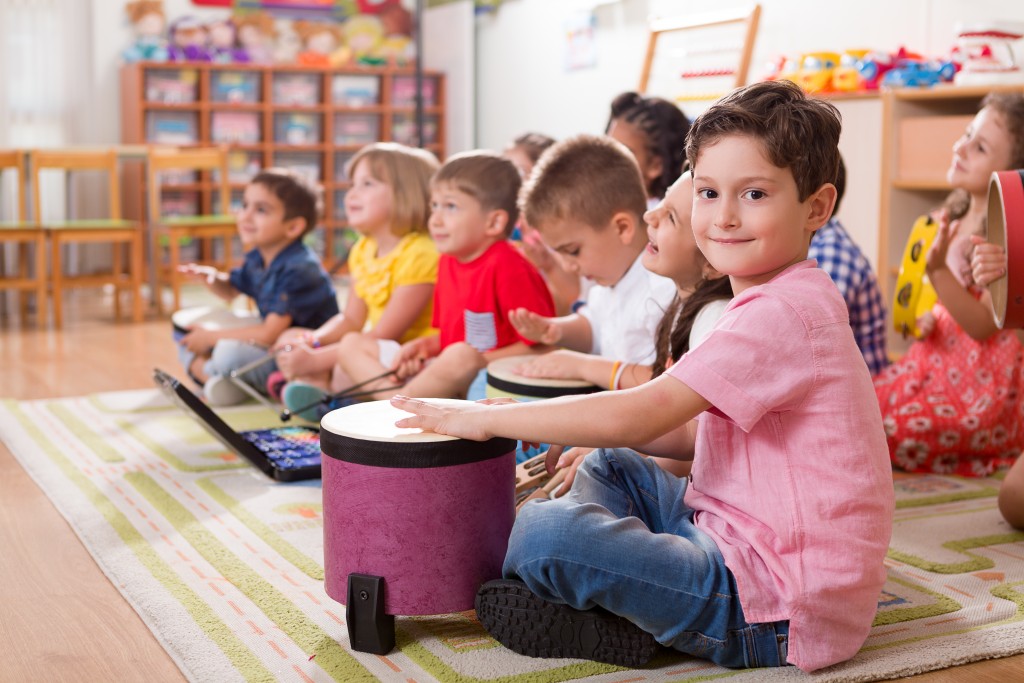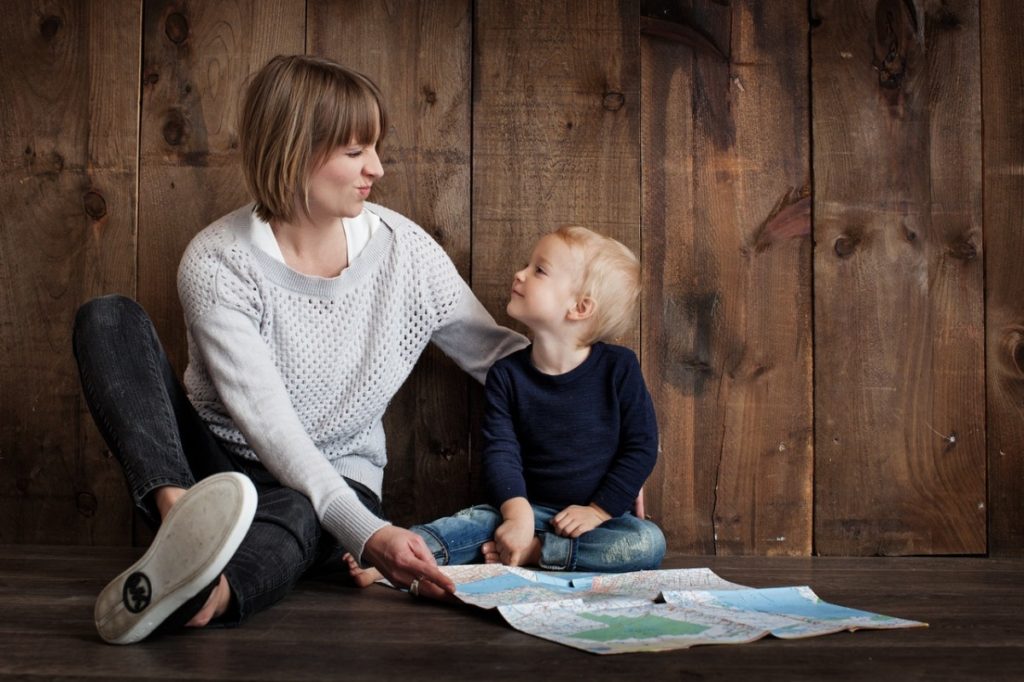One of every two divorces will include children. These kids are mostly confused, shaken, and frustrated. What can they do to keep their parents together? How will this affect them and their future? Who are they going to side with? Should they even take a side? Children are the ones left most confused by a divorce. Could they have prevented it? Maybe if they weren’t so hard-headed, their parents are not going to separate. There are so many factors and elements in a divorce, but children will choose to see the “roles” they play in it.
Children of divorced parents are more likely to suffer from depression, poor grades in school, low self-esteem, and aggression. That doesn’t mean every child of divorced parents will not do well in life. Most of them adjust in about a year or two. Sure, it takes some time, but they get to the point of acceptance eventually. But what helps them get to that point is critical to reaching it. The community is a vital part of that process, most especially the teachers who will stand as their second parents when their home life is in disarray.
Provide Structure
When parents decide to divorce, one of the things that a divorce attorney will tell them is to continue providing structure in their children’s lives. Lawyers know too well the struggles that children of divorced parents face once the process starts. Teachers need to do the same. The only stable thing in a child’s life at this time is school. They will thrive on routine, so make sure they have that in the classroom. While you can tolerate outbursts of emotions, make sure the children know that there are limits to this.
Appreciate Their Strengths
Children of divorced parents always say they don’t want to be babied. They feel that the divorce has turned them into adults. But don’t get fooled. These are kids who simply want connections and appreciation. Make sure to recognize their strengths in the classroom. Highlight the works they complete, although don’t overdo it. Children want to hear that they did well in their classes. Give them the opportunities to hone their skills and improve on their interests and passions.

Communicate with Them (but Don’t Be Pushy)
These kids need to be heard. There is so much going on in their lives—bickering, arguments, appeals, heartaches, etc. No one has the time to listen to what they are going through. When you feel your students opening up to you, lend a listening ear. Don’t question or share your judgment. Simply let them breathe and know that someone is there for them.
Yet, do not be pushy. Don’t push them into letting their feelings out. Even kids sometimes have the ability to process all these emotions on their own. Not all people have to let the world know how they feel. Respect their space and privacy. It might be the two things they don’t have at this point in their lives.
Watch for the Signs
What are the signs that there could be behavioral problems in these kids in the future? If they exhibit dramatic changes in their behavior, it might be time to call for reinforcements. Children try to hide their feelings. As a result, their frustrations and anxiety about the changes in their lives will spill over in the classroom. They may become withdrawn and isolated. In some cases, they become aggressive. Their anger is triggered easily.
Help Children Understand
Whether it is through talks of encouragement, extracurricular activities, or a therapist’s intervention, help these kids understand that they are not to blame for their parents’ divorce. They need a more accurate understanding of why it happens. So many children blame themselves for the problems in their parents’ marriage. Why should any children feel that way? Marriage is complicated. The changes in their family shouldn’t make them feel responsible or to blame.
Talk to the Parents
Finally, the best intervention you can do is to talk with the parents of the kids. Let them know that their children are displaying varying emotions that could be associated with the divorce. More than anyone else, it is the parents’ obligation to make sure that their kids are coping with the divorce healthily. They need to know if their kids are not doing well in school.
The community has a role to play in the lives of children, divorced parents or not. In particular, the school is their second home. Here, they will develop relationships and strengthen community ties. It is also where they’re going to find solace during tumultuous times in their lives.











